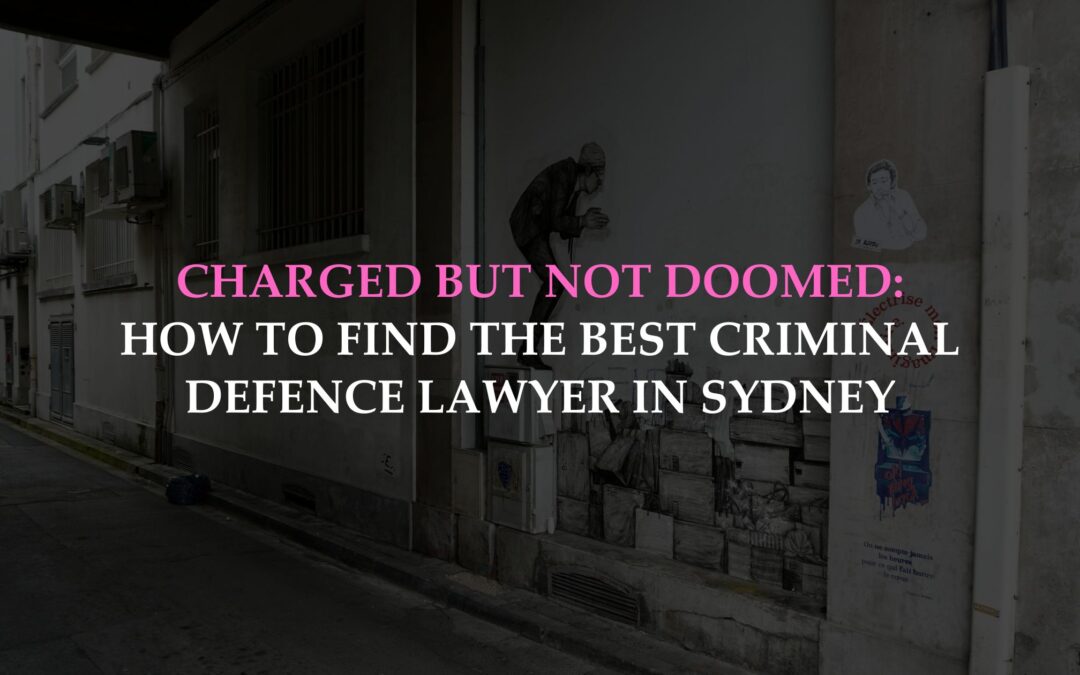When you’re about to buy or sell property in Sydney, you might hesitate on one question more than “where’s the money coming from?” It’s whether you should hire a lawyer (solicitor) or a conveyancer to handle the contract preparation and legal checks. On the surface it seems small, but that choice can affect risk, cost, and peace of mind.
So which is right for your situation in Sydney? Let’s dig into the roles, pros, cons, and how to choose.
What Does “Contract Preparation” Mean in Property Transactions?
Contract preparation (or contract drafting and review) is a crucial step in any property deal. It involves:
- Drafting the Contract for Sale or proposing amendments
- Inserting or negotiating special conditions (e.g. finance clause, building and pest, settlement date)
- Ensuring legal compliance (disclosure, title, encumbrances, zoning)
- Coordinating vendor statements, vendor disclosures, title searches
- Reviewing whether the contract protects your interests and minimises liability
Sometimes the vendor’s side will supply the contract, and you (the buyer) need your legal expert to review it and suggest changes or conditions. This step is where many problems begin if legal issues, ambiguous clauses, or defects are overlooked.
Conveyancer vs Lawyer (Solicitor) in Sydney: What’s the Difference?
Understanding the difference helps you choose wisely.
Conveyancer (Licensed Conveyancer)
- A specialist in property law and property transfers
- Licensed to carry out conveyancing in NSW, focusing strictly on property transactions (purchase, sale, transfers)
- Can draft, review and negotiate property contracts, conduct searches, arrange settlement, coordinate with lenders and parties
- Generally a more cost efficient option for standard property deals
- Their expertise is narrower. If a dispute or broader legal issue arises beyond property law, they likely refer to a solicitor
Solicitor (Lawyer)
- A qualified lawyer with a broader legal education and rights of practice beyond property law
- Can do everything a conveyancer can do in property, plus advise on legal disputes, tax, estate, business issues, litigation, and more
- If complications or legal risks arise in your transaction (e.g. contract dispute, boundary issues, dispute over title, developer conditions, strata law, easements), a solicitor is better equipped
- More expensive, often reflecting their broader legal scope
In NSW, both conveyancers and solicitors may legally handle contract preparation and conveyancing matters. The difference lies in scope, depth, and ability to deal with non routine legal issues.
When a Conveyancer Is Enough
For many standard residential property transactions, a conveyancer may suffice, especially when:
- It’s a straightforward buy or sell (no significant legal complexity)
- The contract is standard, with minimal special conditions
- You don’t expect disputes, unusual title issues, easements, or commercial addenda
- You want a lower cost option and the conveyancer is experienced and reputable
In these cases a licensed conveyancer can handle everything from contract review through settlement without involving a lawyer.
When You Need a Lawyer (Solicitor)
There are several scenarios in which you should engage a solicitor instead of (or alongside) a conveyancer:
- Complex Legal Risks
If there are legal issues or potential disputes (boundary lines, heritage overlays, developer defects, caveats, easements), you want someone who can advise and, if necessary, litigate. - Non Standard Contract Terms
If the contract includes commercial terms, vendor financing, shared facilities, or unusual conditions, a solicitor can ensure those terms are enforceable and protect you. - Tax, Trusts, Business or Estate Implications
If you’re buying through a company, trust, or for investment, or if tax or estate planning considerations intersect, a solicitor is better placed to advise. - Dispute or Litigation Potential
If the vendor is uncooperative, or prior issues exist, a solicitor can navigate legal claims or negotiations more fully. - Large or High Value Transactions
The higher the value, the more risk you accept. It’s often worth the additional legal investment for robust protection. - When You Want One Stop for All Legal Advice
If you prefer having one legal adviser for property, wills, business, or disputes, a solicitor gives you that flexibility.
Cost Differences and What You Pay For
Because solicitors have broader skillsets and can bear professional risk beyond property law, their fees are usually higher than conveyancers. A conveyancer’s fees tend to be more predictable and focused.
With solicitors, you may pay more for:
- Legal risk assessment beyond property law
- Complex drafting or negotiation
- Court or dispute handling capabilities
- Strategic advice on tax, trusts, business, or cross law issues
But what you’re truly paying for is protection: advice to avoid pitfalls, to structure your deal carefully, to foresee and manage legal risk.
How Green & Associates Approaches Contract Preparation in Sydney
At Green & Associates, here’s how we help:
- We assess upfront whether your transaction is “routine” or “complex”
- If routine, we can offer cost efficient contract preparation or review
- If complex, our solicitors apply full legal exit analysis, risk mitigation, and tailored drafting
- We coordinate all the searches, title checks, vendor disclosures, special conditions
- We aim for clarity, fairness, and enforceability
- If disputes or unexpected legal issues emerge, we can handle them without handoffs
Bottom Line: Which Do You Need?
If your property deal is straightforward and low risk, a licensed conveyancer may handle your contract preparation well and cost effectively. But if there is legal complexity, be it contractual, title, taxation, or dispute risk, you are safer with a solicitor.
When in doubt, it is worth engaging a solicitor early to flag risks before you run into trouble.
Ready to move ahead confidently? Contact Green & Associates for clarity on whether you need a lawyer or a conveyancer, and expert contract drafting that protects your interests.




